Tobia Scarpa’s revived wooden lighting for Flos combines ingenuity and visual poetry
Flos reissues Tobia Scarpa’s ‘Seki-Han’ lamp, a 1963 design featuring an ingenious wooden structure updated with contemporary technology
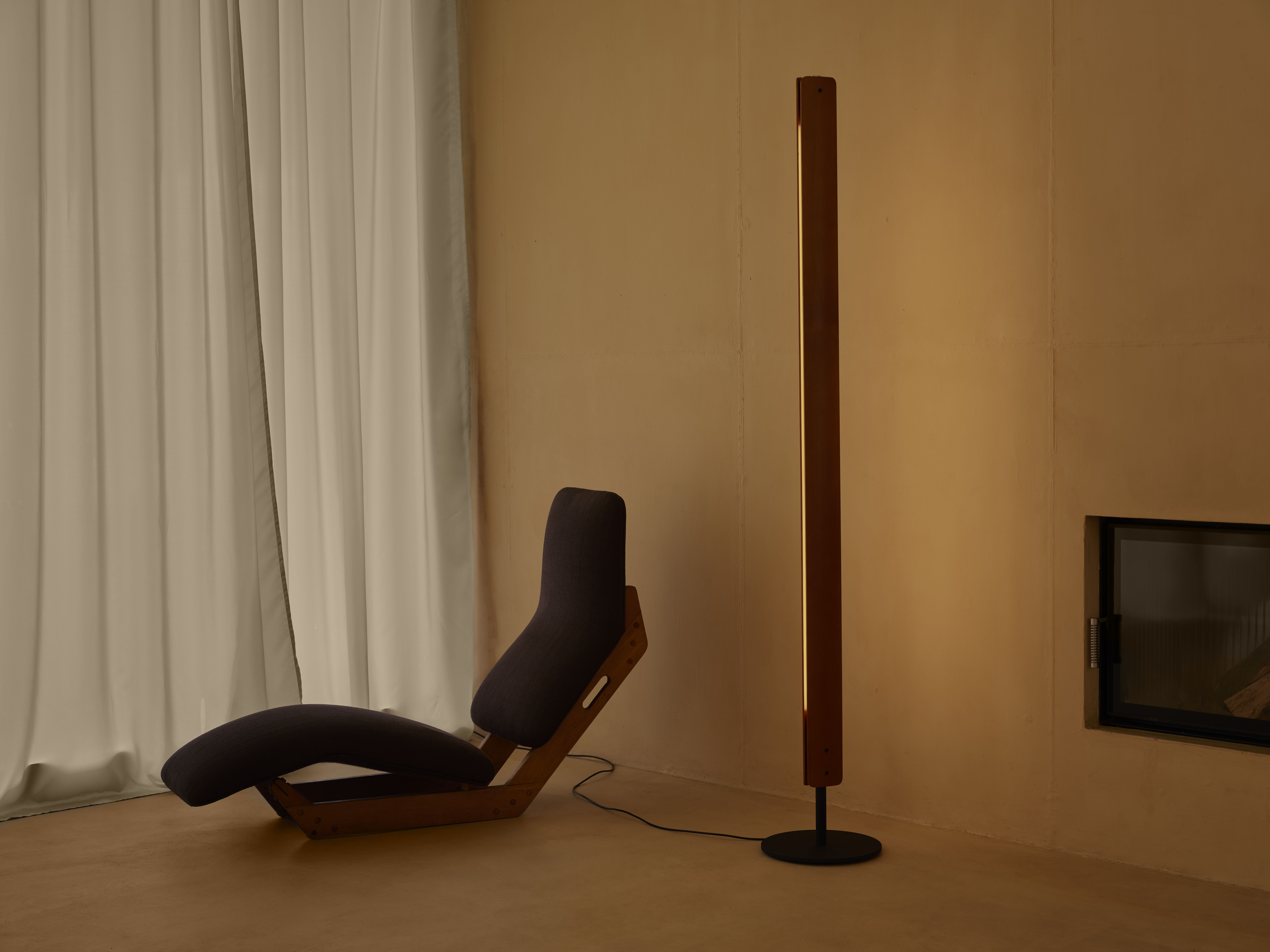
Receive our daily digest of inspiration, escapism and design stories from around the world direct to your inbox.
You are now subscribed
Your newsletter sign-up was successful
Want to add more newsletters?

Daily (Mon-Sun)
Daily Digest
Sign up for global news and reviews, a Wallpaper* take on architecture, design, art & culture, fashion & beauty, travel, tech, watches & jewellery and more.

Monthly, coming soon
The Rundown
A design-minded take on the world of style from Wallpaper* fashion features editor Jack Moss, from global runway shows to insider news and emerging trends.

Monthly, coming soon
The Design File
A closer look at the people and places shaping design, from inspiring interiors to exceptional products, in an expert edit by Wallpaper* global design director Hugo Macdonald.
Flos presents a reissue of Tobia Scarpa's 1963 ‘Seki-Han’ lighting design, featuring a distinctive wooden shade that encapsulates the designer's ability to bridge technical and poetic thinking.
‘Seki-Han’: Tobia Scarpa and Flos
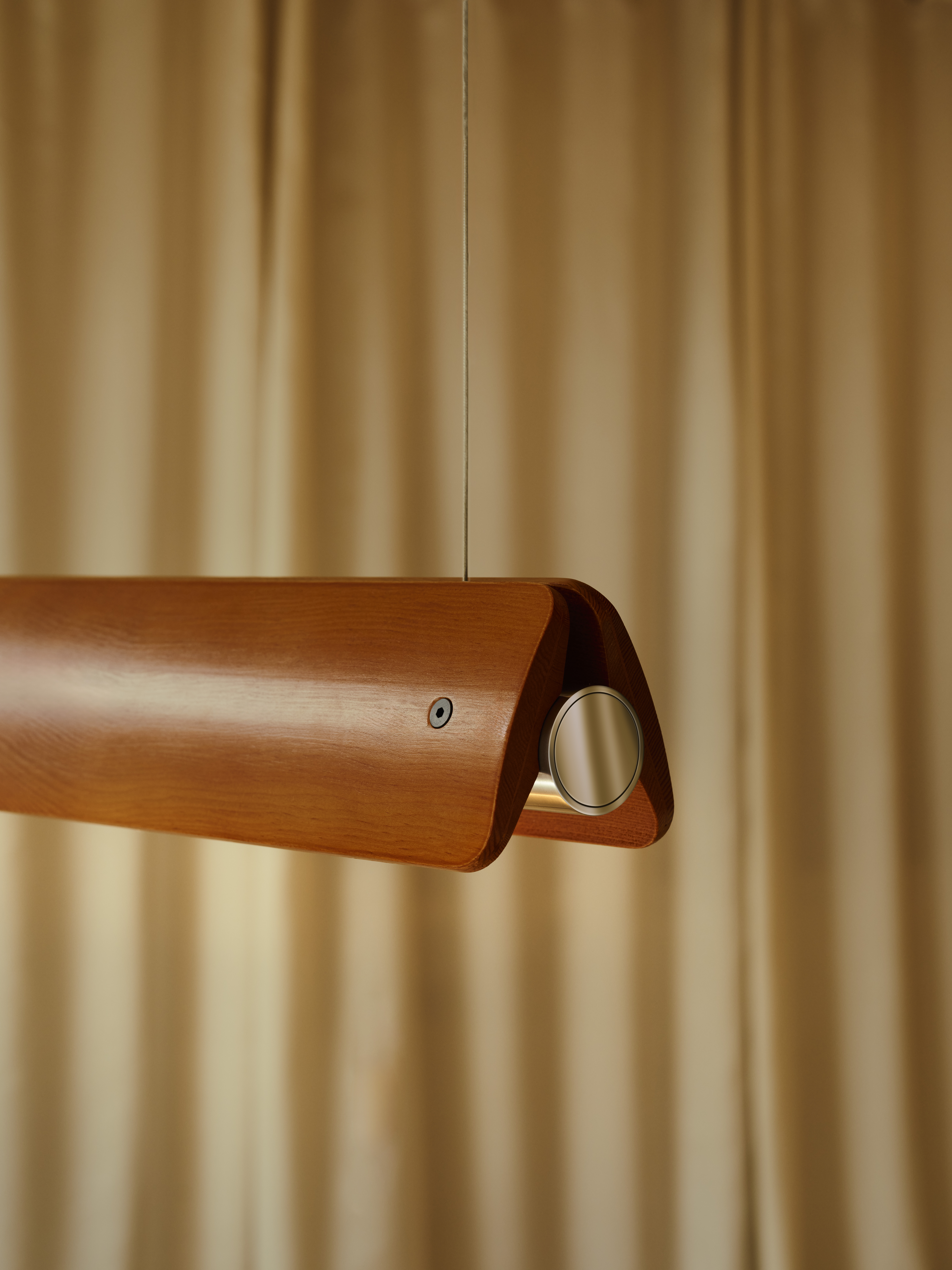
Detail of the new suspension version of the lamp, also €1,650 from flos.com
Many themes come together in Scarpa's original plan for the floor lamp, including his fascination for naval design and his expertise with wooden structures. The name itself nods to the Scarpa family's fascination with Japanese culture, something young Tobia shared with his father Carlo. 'These stimuli were always present in our home, and I was curious about many of the topics I heard my father discuss at length with his friends from a young age,' Scarpa told Wallpaper* 'His interest in that world is particularly tied to the value of quality in traditional products, which is deeply rooted in the image of this lamp's production. Even the name, “Seki-Han”, is a very complicated word that carries a profound meaning, linked to traditional festivals, a ceremonial dish prepared to celebrate good luck.'
The original design was as simple as it was ingenious: a tubular lighting source partially shaded by two wooden blades joined by chromed metal fittings.
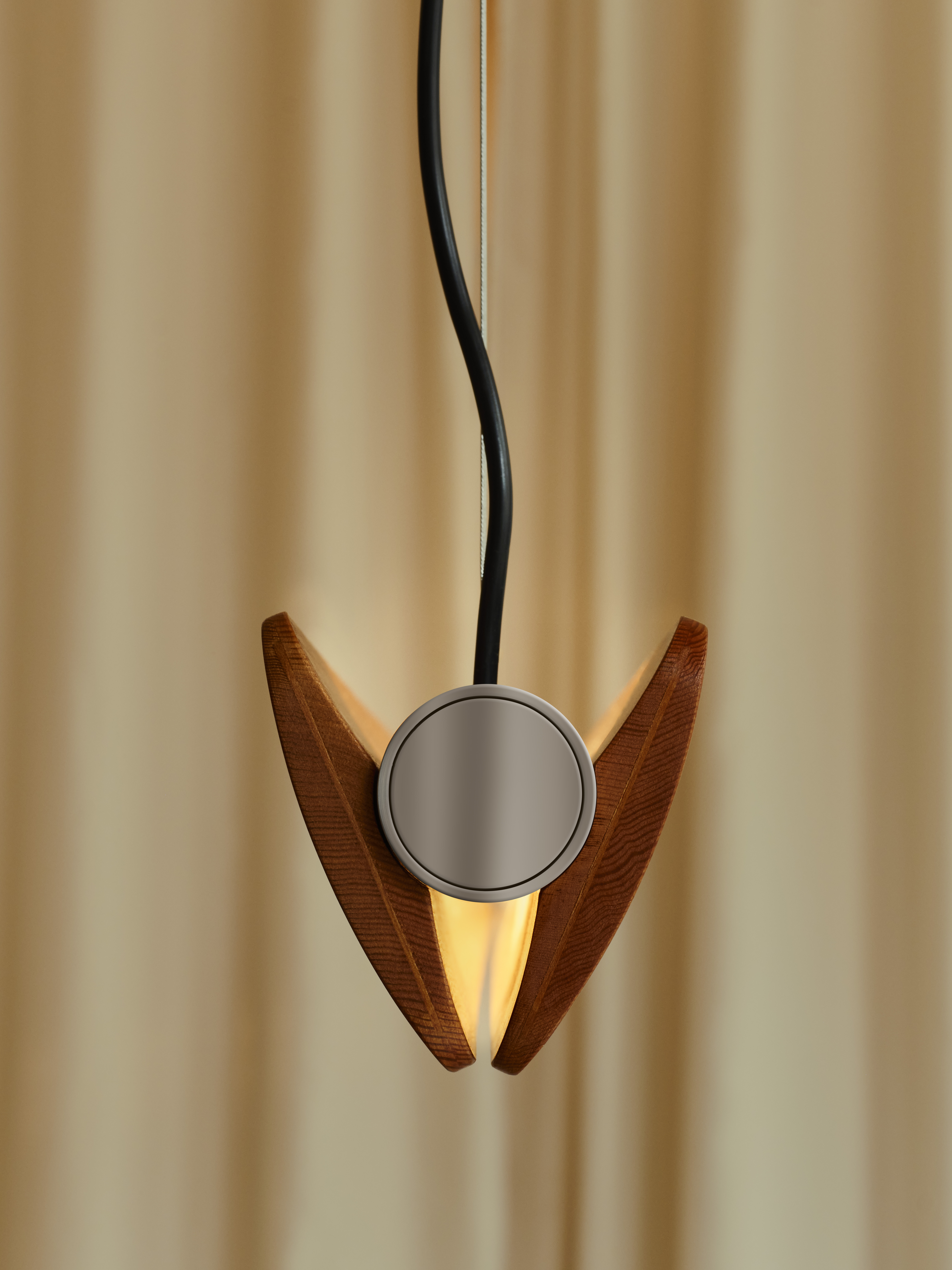
‘The reissue allowed us the opportunity to present a more thoughtfully detailed object, in terms of both technology and performance,' says Scarpa. 'By increasing the length of the light source and the overall height of the lamp, it was possible to provide a greater amount of light compared to the first 1963 version. The mobility of the thin wooden blades directs the light into different configurations depending on its use and position in space.'
Flos is no stranger to innovating its catalogue while looking at its illustrious lighting designs past. Works by Achille Castiglioni, Paolo Rizzatto and Gino Sarfatti have not only stood the test of time, but have also been updated over the years to become more sustainable and, in some cases, offer a bolder aesthetic expression.
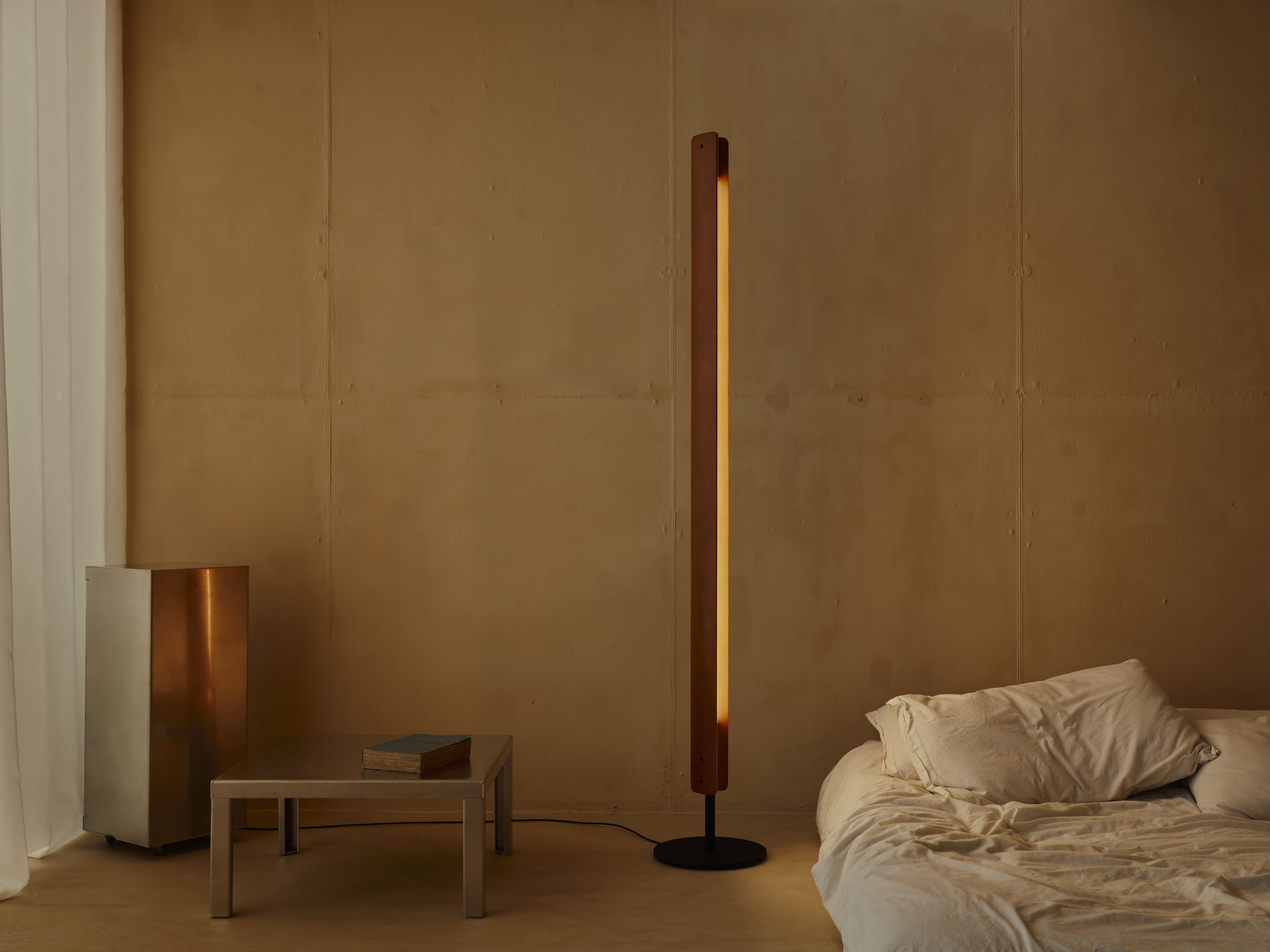
The same is true for ‘Seki-Han’: the new edition replaces the original Douglas fir with ash wood, cut with an advanced CNC-milling machine in Northern Italy and treated in a way that dries the wood fibres, preventing warping over time.
Meanwhile, the two wooden blades that define the design and were fixed in the original model have now been re-engineered to move and rotate independently thanks to a fastening system. This allows the light to be modulated in different ways – and not necessarily symmetrically. When completely closed, the blades let through a thin slice of light, contributing to the object's visual poetry.
Receive our daily digest of inspiration, escapism and design stories from around the world direct to your inbox.
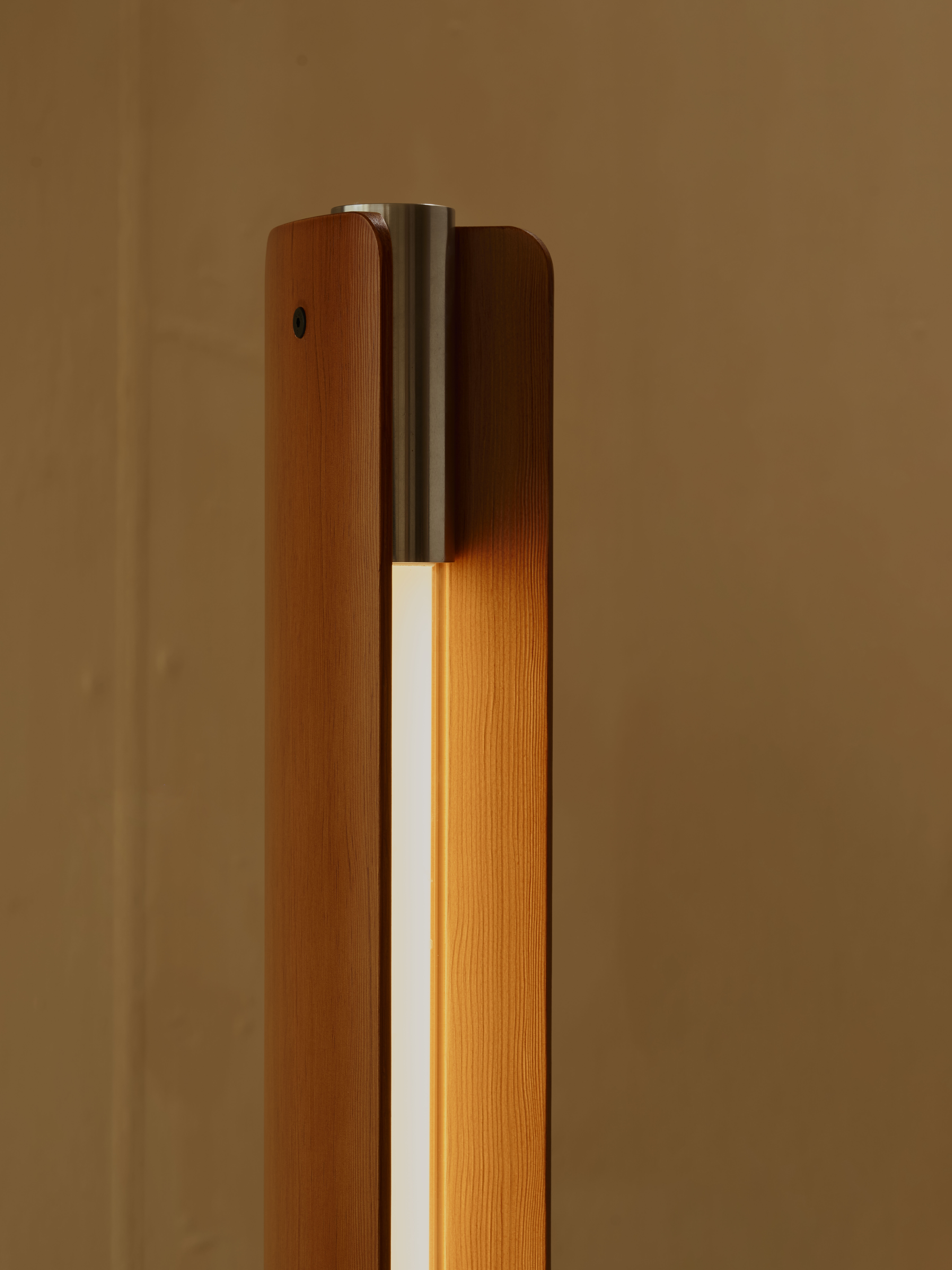
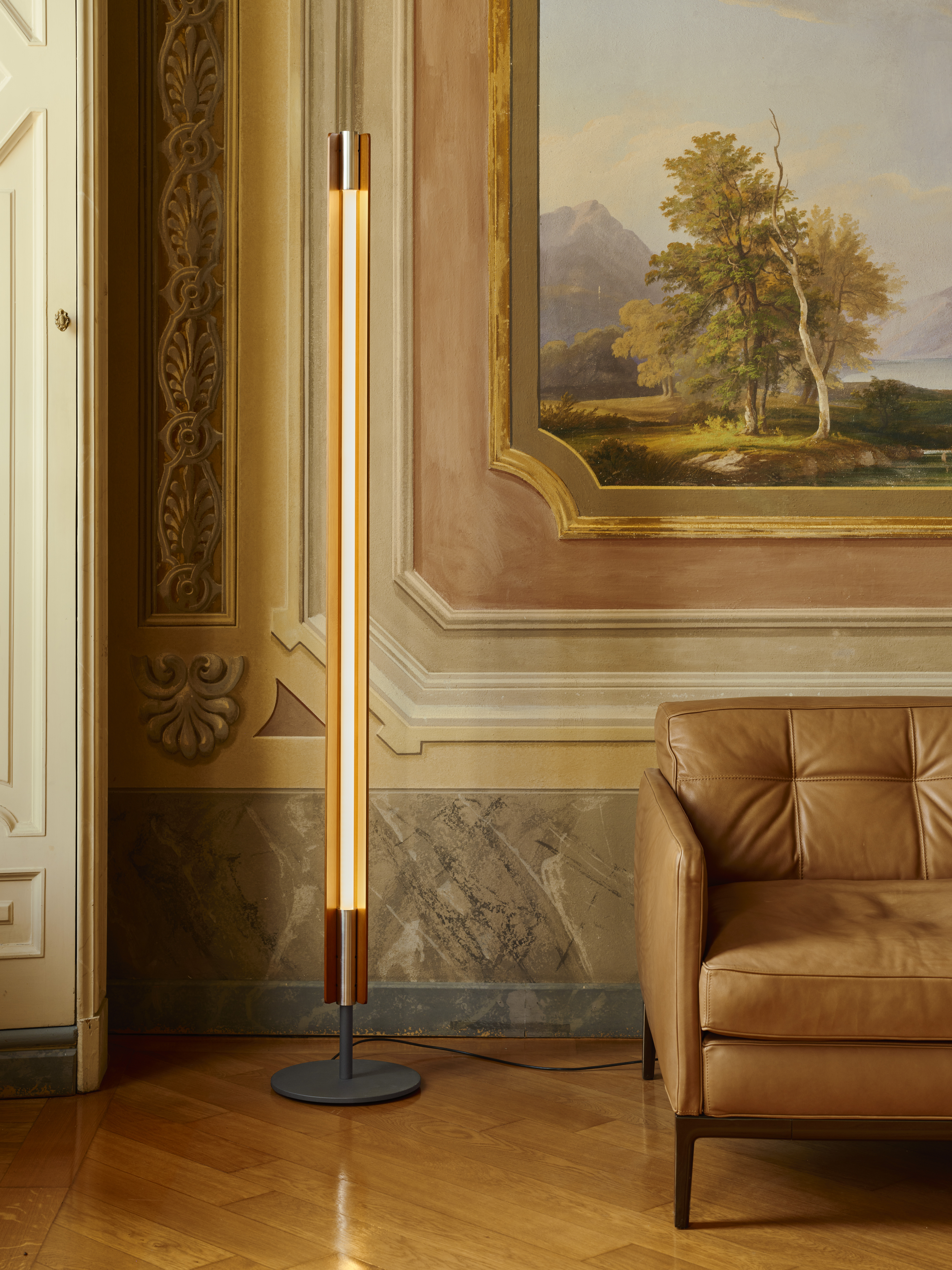
'With the new technology, you can achieve a much better light with smaller tubes,' says Flos CEO Piero Gandini, who had discovered the design in the company's archives and worked closely with Scarpa to recreate it and update it. 'So you have more space to allow the structure to move.
'We also made it a little bit taller, to avoid giving the feeling of it being a reading lamp, which it is not,' he continues. 'And we changed the base, because the original concealed an electromagnetic ballast, which you don't need today, so we did a flat iron base.'
Scarpa's work in lighting design has been closely tied to Gandini's experience in his family's company. 'The first design I ever worked on was with him,' he recalls, nodding to ‘Pierrot’, a postmodern lamp featuring a copper frame, from 1991.
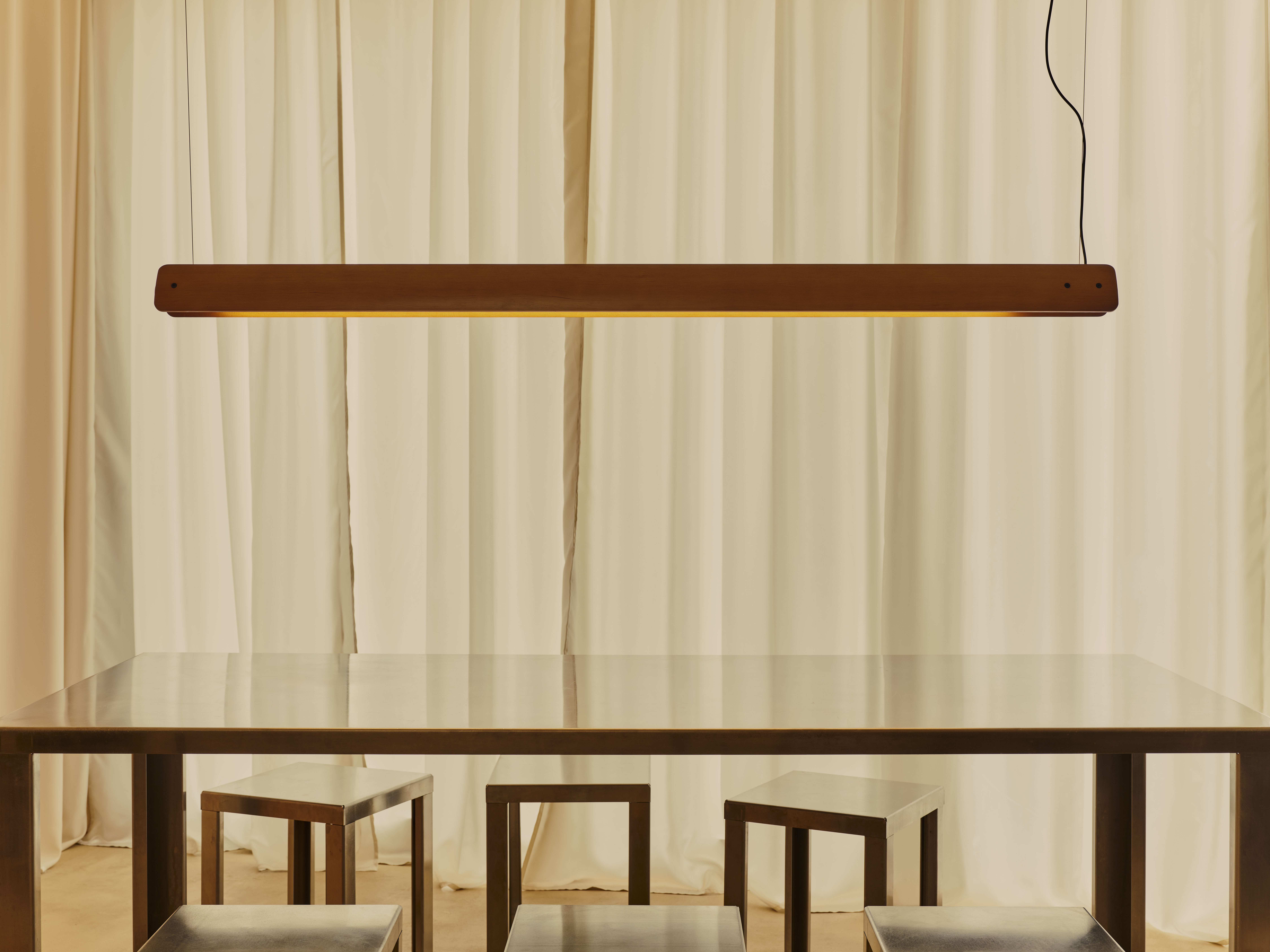
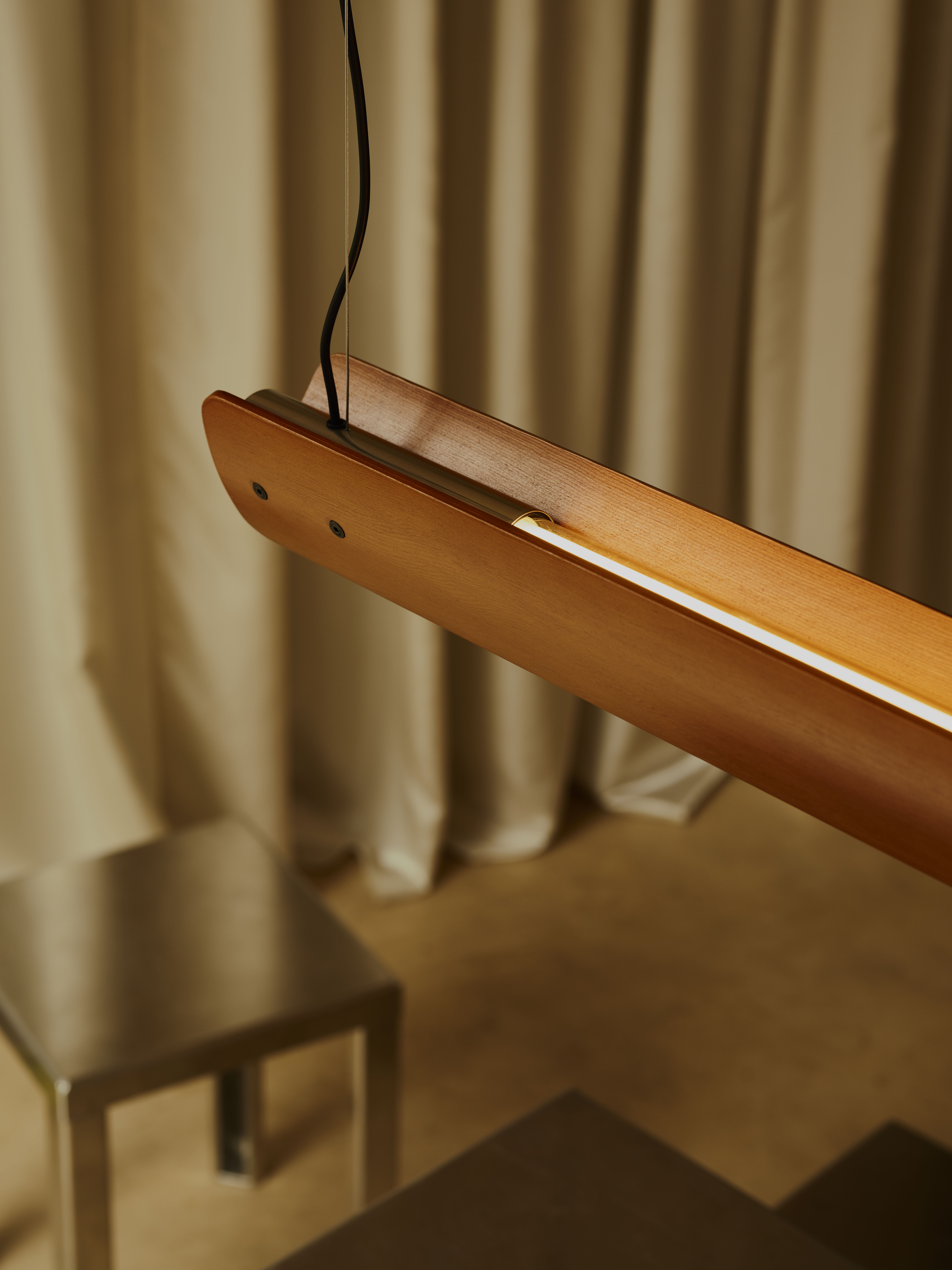
For the reissue, Scarpa and Flos also developed the design into a suspended light, which recreates the refined language of the original for a new functionality.
As with all Flos contemporary reissues, the tubular light source was replaced by a slim, dimmable and warm LED tube developed especially for this design.
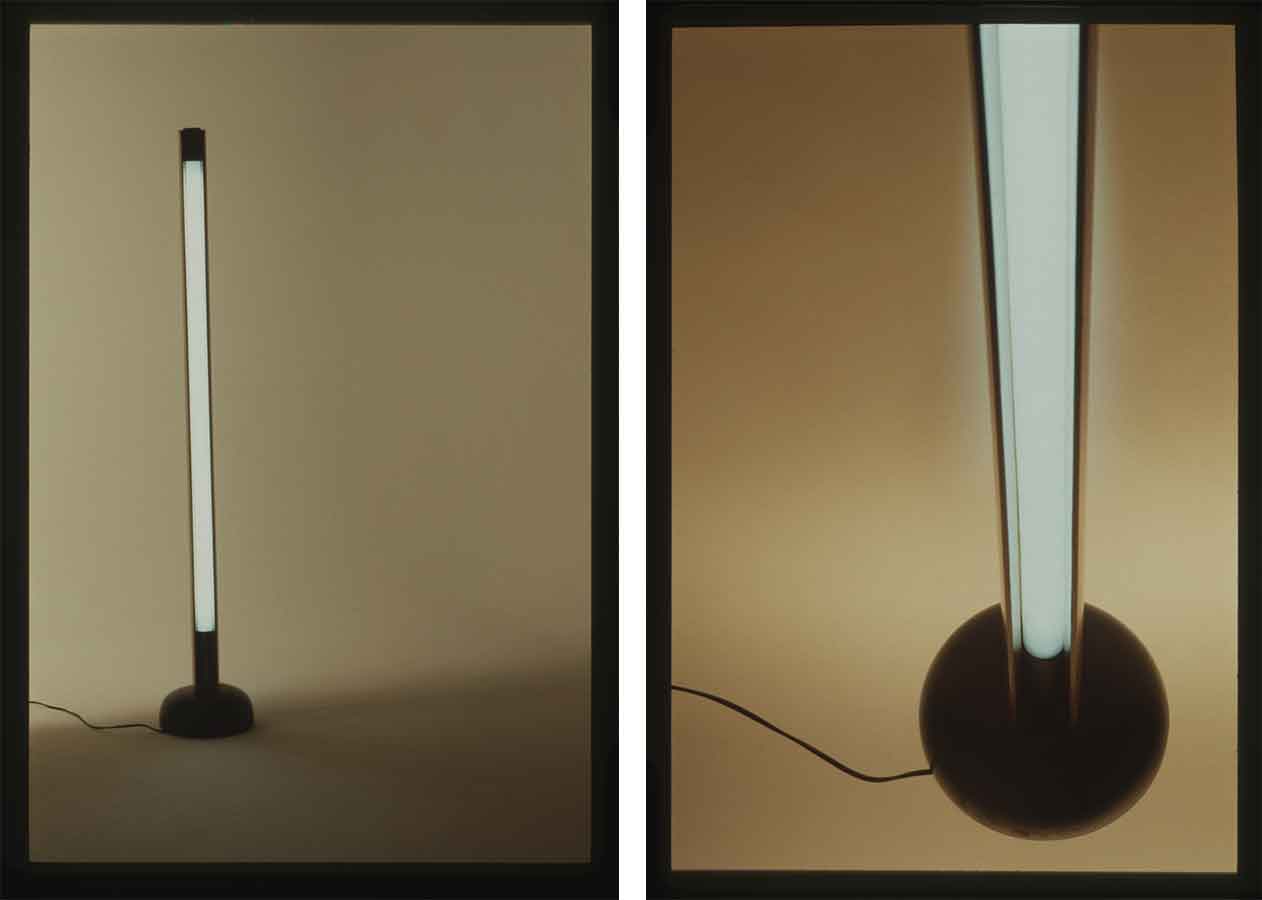
For Scarpa, this ability to work flexibly across products and manufacturing eras is typical of Flos and its more than six decades in the field. 'Whenever we had to study a product, an idea emerged, how to make it, and the company's response quickly allowed us to define it and accept it as it was, because it was properly analysed and well made,' he says. 'It has always been a continuous research effort, as it still is today.'
Floor lamp and suspension lamp, €1,650 each, from flos.com
Rosa Bertoli was born in Udine, Italy, and now lives in London. Since 2014, she has been the Design Editor of Wallpaper*, where she oversees design content for the print and online editions, as well as special editorial projects. Through her role at Wallpaper*, she has written extensively about all areas of design. Rosa has been speaker and moderator for various design talks and conferences including London Craft Week, Maison & Objet, The Italian Cultural Institute (London), Clippings, Zaha Hadid Design, Kartell and Frieze Art Fair. Rosa has been on judging panels for the Chart Architecture Award, the Dutch Design Awards and the DesignGuild Marks. She has written for numerous English and Italian language publications, and worked as a content and communication consultant for fashion and design brands.